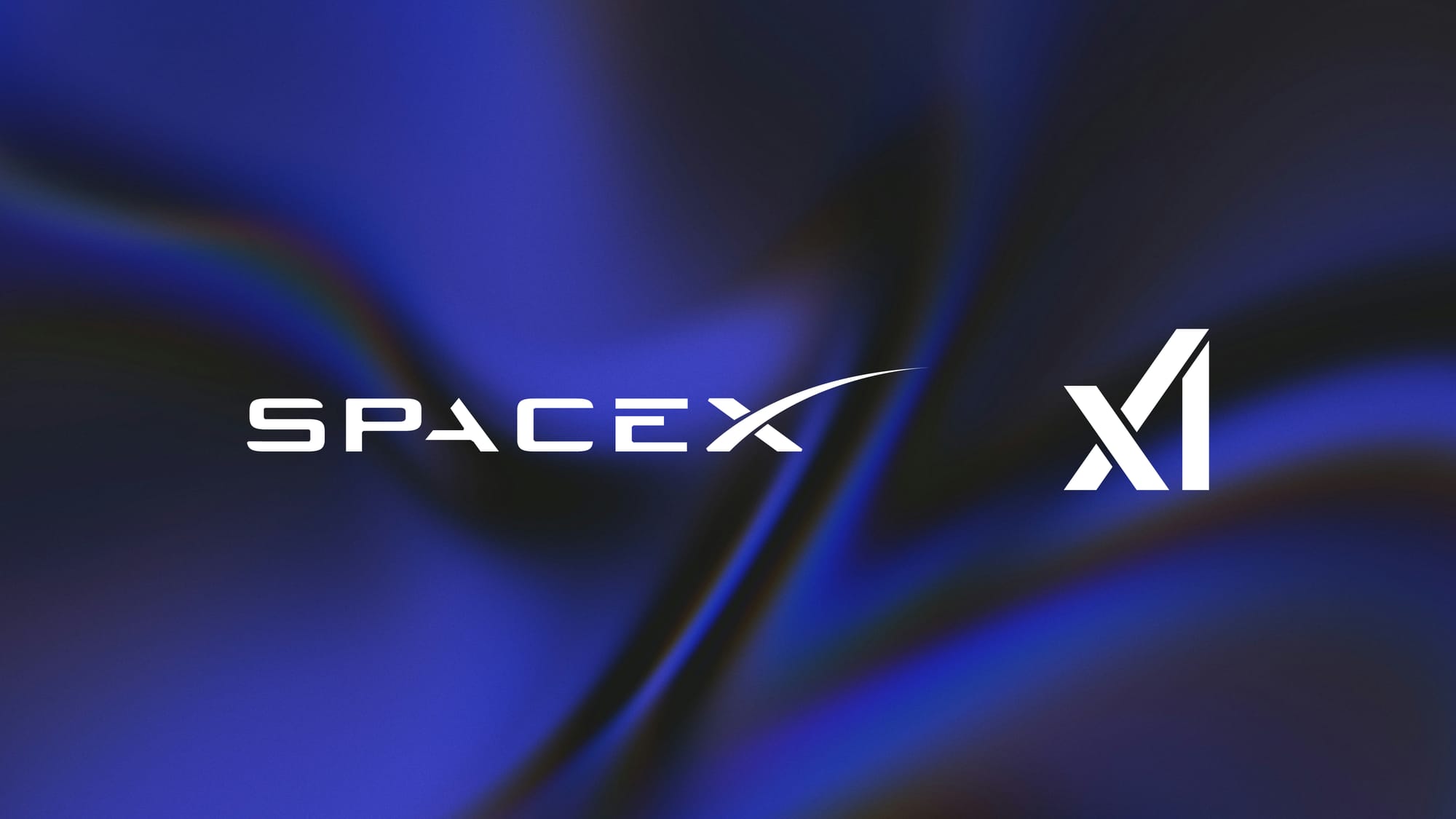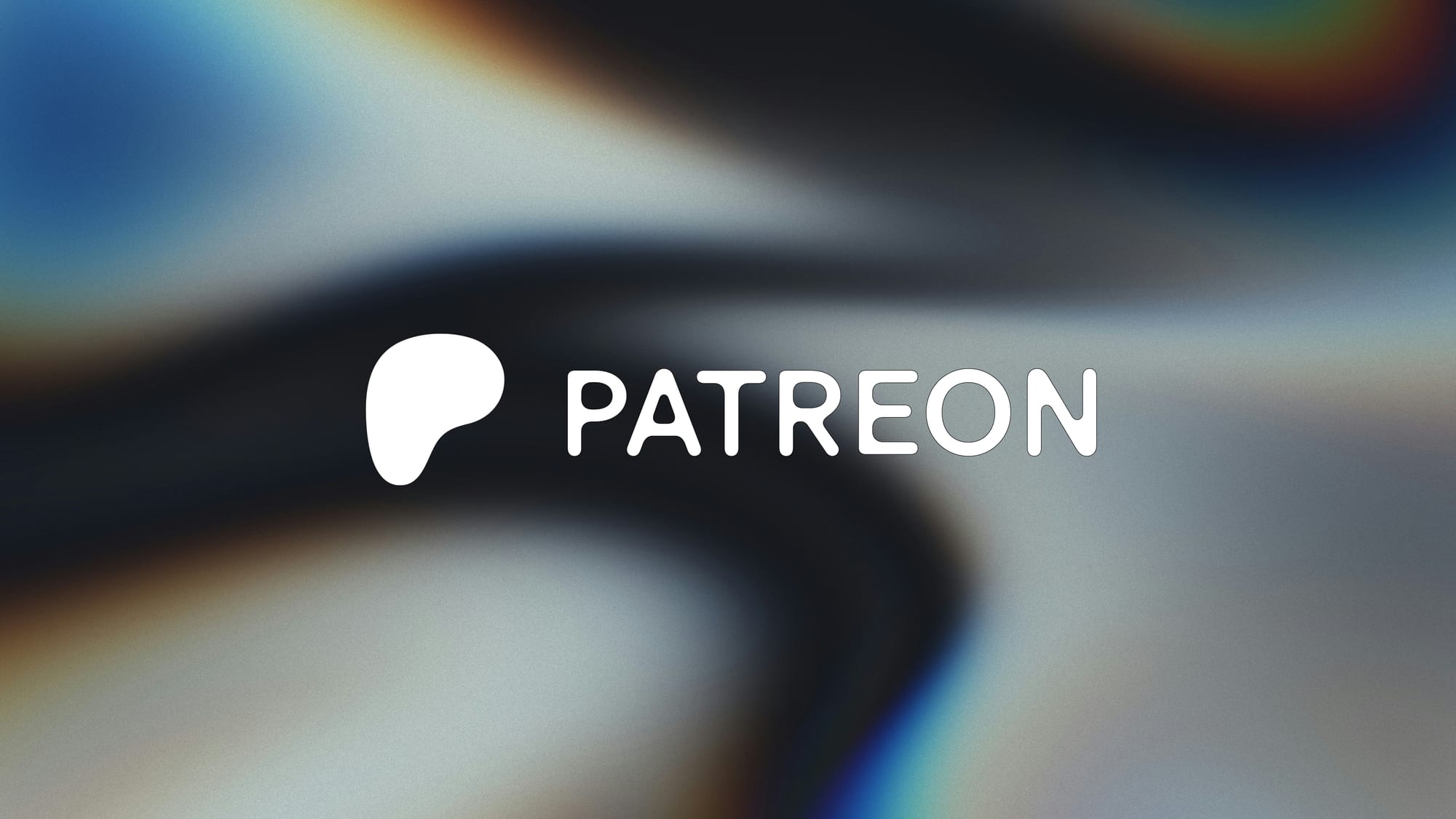Duolingo has announced its transition to an "AI-first" model, meaning artificial intelligence will be the main driver behind its operation and growth. This strategic decision, led by CEO Luis von Ahn, aims to accelerate content creation and make internal processes like hiring and performance evaluations more efficient.
In a company-wide email that was also shared on LinkedIn, von Ahn declared that the organization will adopt an "AI-first" approach, explaining that "simply making small adjustments to human-centered systems will not suffice", as seen on The Verge. He emphasized that this shift is similar to when the company bet on mobile in 2013, stating:
"AI is already changing how work gets done. It's not a question of if or when. It's happening now. Betting on mobile in 2013 made all the difference. We are making a similar call now, and this time the platform shift is to AI".
One of the most notable implications has been the reduction of 10% of its contractors, primarily translators and content creators, whose tasks will now be handled by AI models like GPT-4. Although Duolingo clarifies that these aren't mass layoffs but rather a reorganization, the impact on the labor community is undeniable. The company disputed calling the departures "layoffs," saying that only a "small minority" of Duolingo's contractors were let go as their projects wrapped.
The company assures that its full-time employees won't be replaced, but rather will benefit by leaving repetitive tasks behind to focus on more creative and strategic work. Von Ahn reassured that "Duolingo will continue to be a company that values its workforce" and clarified that "this initiative is not about substituting human roles with AI." Rather, he indicated that the focus of these changes is to "eliminate obstacles," enabling employees to "concentrate on innovative work and genuine challenges, rather than monotonous tasks".
This bet on automation aligns with similar moves by giants like Shopify and Klarna, marking a trend in the technology and education sector. Shopify CEO Tobi Lütke recently told employees:
"Before asking for more headcount and resources, teams must demonstrate why they cannot get what they want done using AI".
The challenge now will be to balance efficiency with social responsibility, ensuring that learning continues to be inclusive and human, even in an era dominated by algorithms. As the contract workers affected by Duolingo's decision now face significant professional uncertainty, this situation brings the broader debate about the gig economy, worker protections, and corporate social responsibility into sharp focus.














Discussion